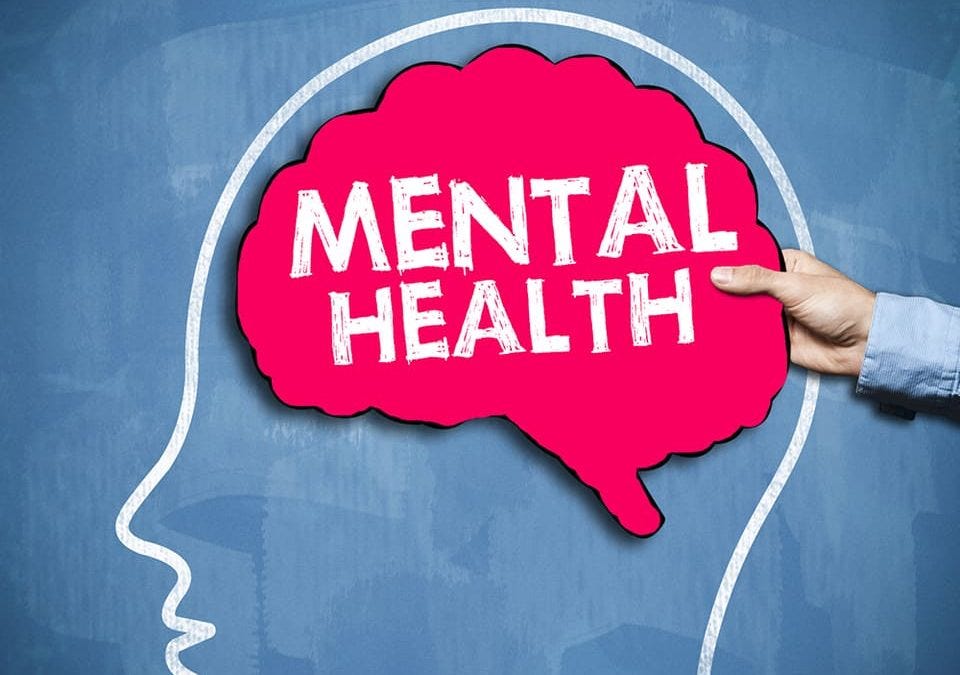Negative thoughts can affect how you feel, the choices you make, and how you live your life. They often repeat automatically without you noticing. Over time, these thoughts can make life stressful, tiring, and hard to manage. Therapy can help. It teaches you to notice your negative thoughts, question them, and replace them with healthier ways of thinking.
Even if your life feels manageable, therapy can give you tools to prevent small worries from turning into bigger problems. It is not just for people in crisis. Understanding your thoughts is important for emotional balance, stress management, and personal growth.
What Are Negative Thought Patterns?
Negative thought patterns are ways of thinking that harm your mental health. They are usually automatic, meaning they happen without you choosing them. Over time, they affect your mood, your actions, and your relationships.
Some common negative thought patterns include:
- Catastrophizing: Always expecting the worst outcome in any situation. For example, if you make a small mistake at work, you might think you will get fired.
- All-or-Nothing Thinking: Seeing things as either completely good or completely bad. There is no middle ground. For example, you may think, “If I fail this test, I’m a total failure.”
- Overgeneralization: Making broad conclusions based on one single event. For example, one bad day makes you think, “Everything is going wrong in my life.”
- Self-Criticism: Blaming yourself too much for problems or mistakes. For example, you may think, “I always mess things up.”
- Mind Reading: Assuming you know what others think about you. For example, thinking, “They must be judging me” without proof.
These patterns can happen automatically and often go unnoticed. They shape how you feel and how you react to daily events. Negative thoughts can lower your confidence, increase anxiety, and make life feel harder than it really is.
How Therapy Helps
Therapy provides a structured, safe environment to work on your thoughts. A therapist guides you through steps to understand, question, and change your thinking. Here are some ways therapy helps:
1. Awareness and Identification
The first step is noticing your negative thoughts. Therapy helps you see when and why these thoughts appear.
A therapist may ask you to describe what you were thinking during a stressful situation. By talking it out, you become aware of patterns Child Psychiatrist Near me that were invisible before. Awareness is the first step toward change. Once you notice these thoughts, you can begin to manage them instead of letting them control you.
2. Challenging Unhelpful Thoughts
Therapy teaches you to question negative thoughts. You learn to ask yourself:
- Is this thought really true?
- Is it helpful to think this way?
- Could there be another way to see the situation?
By examining thoughts logically, you reduce their power. You start to see situations more realistically and less negatively. Over time, this makes stressful situations easier to handle.
3. Replacing Negative Thoughts
Once you recognize and challenge a thought, therapy helps you replace it with a healthier alternative. For example:
- Instead of thinking, “I always fail,” you may start thinking, “Sometimes I make mistakes, but I can learn from them.”
- Instead of “They must hate me,” you may think, “I don’t know what they are thinking, and it may not be about me.”
Practicing these new thoughts over time builds healthier thinking habits. The more you do it, the more natural it becomes. Eventually, your mind shifts from negative patterns to balanced, realistic thinking.
4. Developing Coping Skills
Therapy also gives practical tools to handle stress and negative thoughts. Some common strategies include:
- Mindfulness: Paying attention to the present moment without judgment. This helps prevent rumination on past mistakes or worries about the future.
- Journaling: Writing down your thoughts to better understand them. This makes negative thoughts less overwhelming.
- Relaxation Exercises: Techniques like deep breathing or guided imagery reduce stress and calm the mind.
These skills help stop negative thoughts from taking over. They also improve emotional control, making you feel calmer and more capable.
5. Building Emotional Strength
By practicing new thinking patterns, you become emotionally stronger. Therapy helps you respond to situations calmly instead of reacting automatically.
You learn how to handle criticism, setbacks, and uncertainty without letting negative thoughts spiral. Over time, you feel more confident, resilient, and capable of managing life’s ups and downs.
Common Therapy Approaches for Negative Thoughts
There are different therapy methods designed to help with negative thought patterns. Some of the most common include:
- Cognitive Behavioral Therapy (CBT): Focuses on identifying and changing negative thoughts. It is one of the most researched and effective approaches.
- Mindfulness Therapy: Teaches you to stay in the present moment. You learn to observe your thoughts without judgment or reaction.
- Dialectical Behavior Therapy (DBT): Combines mindfulness with emotional regulation skills. It helps control strong emotions and reduce harmful thought cycles.
- Talk Therapy (Psychotherapy): Provides a safe space to share your feelings, explore patterns, and learn strategies to think differently.
Each approach has its own focus. A therapist can guide you to the approach that works best for you.
Signs You Could Benefit from Therapy
Even if life seems okay, therapy may be helpful if you notice:
- Negative thoughts happen almost every day
- Feeling stuck in pessimistic thinking
- Trouble managing stress or emotions
- Worrying so much it affects sleep
- Low self-confidence or poor self-worth
You don’t have to wait for a major crisis to benefit. Therapy can help you prevent problems before they get worse.
Early Benefits of Therapy
Starting therapy early can have long-lasting advantages:
- Clearer thinking and better decision-making
- Less stress and improved coping skills
- Healthier relationships and communication
- Increased self-awareness and emotional intelligence
- Prevention of more serious mental health problems
Therapy is an investment in your long-term mental and emotional health. It helps you manage life now and prepare for challenges in the future.
Tips for Making the Most of Therapy
To get the best results from therapy:
- Be honest about your thoughts and feelings
- Write down questions or topics before sessions
- Practice coping strategies between sessions
- Track progress in mood, stress levels, or thoughts
Consistency and effort between sessions are key to lasting change.
Conclusion
Negative thoughts can quietly affect your life. They influence mood, behavior, and relationships. Therapy helps Psychiatrists Near me you notice, challenge, and change these thoughts. It gives tools to manage stress and builds emotional strength.
You don’t need to wait for a crisis to see a therapist. Even if you feel “okay,” therapy helps prevent problems and supports personal growth.
Taking the first step—booking a session—can help you break free from harmful thought patterns. With therapy, you can live a calmer, happier, and more balanced life.


